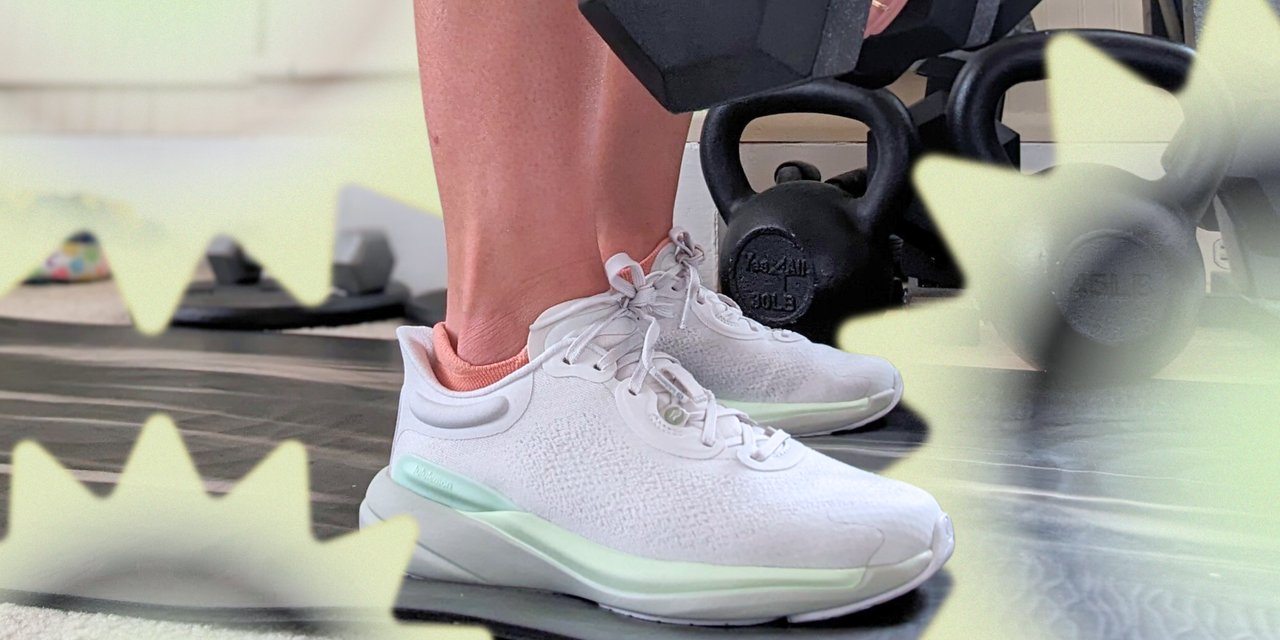Name: Walking.
Age: Presumably since our ancestors replaced fins and gills with legs (so, 300m to 400m years, give or take).
Appearance: One foot in front of the other, rinse and repeat.
Walking? Boring. It gets you from A to B, it’s good for you, 10,000 steps, blah, what’s left to say? Hey, if there are still things to say about wild swimming, we can talk some more about walking. And about that 10,000 steps …
Let me stop you there – I know; it was just 1960s Japanese pedometer marketing. All right, smartypants. I was going to say that we now have some hard numbers for how many steps really make a difference: research from Poland has shown that as few as 3,967 daily steps reduces your risk of dying from any cause, and if you only do 2,337 steps, you still decrease your risk of dying from cardiovascular disease.
Well, I’m definitely interested in not dying. So, 2,337 steps – I could go to the corner shop to buy crisps and a fizzy drink and still lower my risk of a fatal heart attack? I’m not sure it works like that, and it’s definitely better to do more: each extra 1,000 steps above those thresholds was associated with a 15% reduction in the risk of dying from any cause. “Our study confirms that the more you walk, the better,” said Maciej Banach, a professor of cardiology, who led the project reviewing 17 previous studies.
Pff, he would say that. Any more quick, easy wins? Well, earlier this year, research from Cambridge University found that 11 minutes of brisk walking could prevent one in 10 premature deaths.
READ RELATED: 4 Crohn’s Disease Self-Care Tips That Support Your Mind and Body
Eleven minutes – I need to time myself, but I think that probably takes me to the pub. Good! Got anything shorter? Yes, actually. Another study using data from fitness trackers shows that “brief bursts” of vigorous exercise throughout the day can reduce the risk of heart disease and cancer.
How brief are we talking? Climbing stairs, running for the bus, carrying your heavy shopping home …
I love it when stuff I have to do anyway is good for me. Yes, getting enough vigorous intermittent lifestyle physical activity is good news for your health. And have you considered upping your Neat?
My what? Neat: non-exercise activity thermogenesis. It is basically stuff such as folding clothes, cooking, and even fidgeting. Increasing how much energy you expend on stuff like that may have an impact on mortality. Even chewing gum can increase your energy expenditure.
Can’t wait to start my new Juicy Fruit and fidgeting regime! Pair a few socks and that’s practically a full Ironman triathlon.
Do say: “Even a modest increase in mobility is likely to improve your health outcomes.”
Don’t say: “I absolutely crushed my fitness goals today: I chewed two sticks of gum!”





